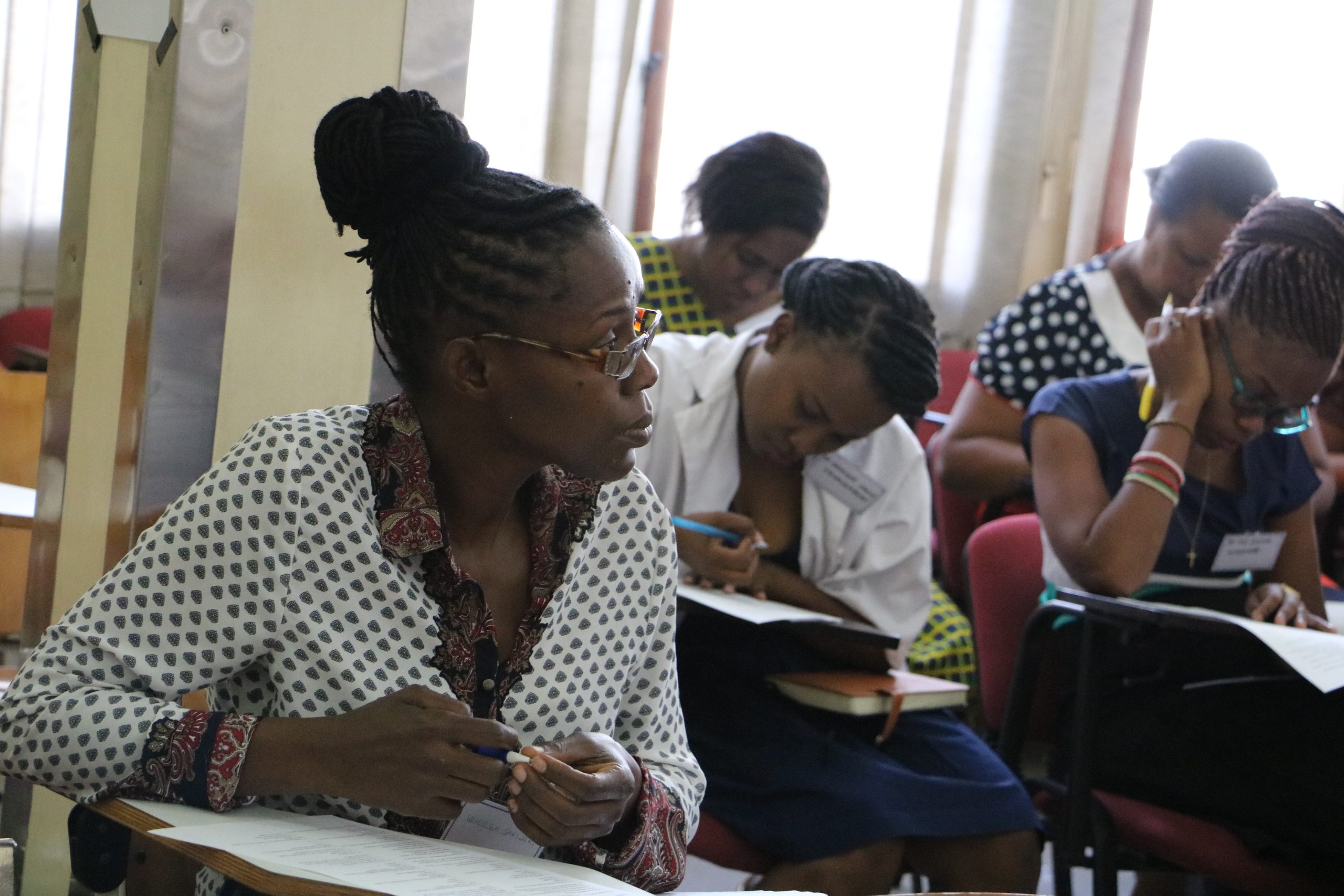Trauma kills more people than malaria, HIV and TBC together. As a step towards improving care and saving more lives, a Trauma Anesthesia Training Course has for the first time been held at Muhimbili Orthopedic Institute (MOI) in Dar es Salaam through a collaboration between MOI and MKAIC / Life Support Foundation.
The roads of Dar es Salaam are dangerous for pedestrians, passengers and drivers. On the way to MOI Hospital I notice a young girl stopping her little brother from running out on the road, where the traffic is chaotic. The difference between life and death can be a second or two in this environment. 
On a visit earlier at Muhimbili National Hospital, the first patient that we saw at the ICU, was a young man with serious injuries after a car accident.
– Our women are dying in childbirth, but our men are also dying due to traffic accidents. Therefore this initiative is much-needed, says Dr Karima Khalid, anesthetist at MOI and member of the MOI course faculty at the Trauma Anaesthesia Course held on Friday the 13, Monday the 16 and Tuesday the 17 of November.
 Respicious Boniface, Head of the Anaesthesia department and of the MOI trauma course faculty, stressed the importance both of the course and of reducing accidents, in his opening speech:
Respicious Boniface, Head of the Anaesthesia department and of the MOI trauma course faculty, stressed the importance both of the course and of reducing accidents, in his opening speech:
– We need to target our patients not only here at the hospital, but also in making sure that they travel in safer ways, said Dr Boniface.
Five doctors and nurses from Karolinska University Hospital in Stockholm, shared their knowledge and led group discussions and scenarios together with colleagues at MOI. According to the plan, the Trauma and Anesthesia course will be held once a year.
Also present at the opening was Executive Director, Dr Othman Kiloloma, expressing his appreciation of the new initiative, and the course was later visited by Tanzanian journalists, who reported on the event.
The background of the course is a memorandum of understanding signed in 2014 with the aim to improve care, with focus on patients suffering from polytrauma, through training, staff exchange and research. In collaboration between Karolinska/MKAIC and MOI, a number of qualitaty indicators have been designed and put together in a protocol. A baseline quality survey was then carried out in May 2015, to investigate how trauma anaesthesia is practiced at MOI today. The survey was a useful tool for designing the training course.
At MOI Hospital around 20 patients seek trauma care every day, and 10-15 patients undergo surgery, according to data received. One or two of the patients die each day.
One of the doctors attending the course, Asha Abdullah, says her expectations from the three days are high.
– One of the main reasons for the high level of deaths, is that we miss the golden hour due to lack of knowledge and because it takes too long before the patients arrive at the hospital, she says.
The Swedish team’s impression when discussing the first day, is positive.
– There has been a lot of work in preparing for the course, and my feeling after one day is good, says Gunilla Wihlke. The participants are with us, listening carefully and giving us their opinions. 
– Although we hope for an impact of the course, it will be difficult to detect such an effect, and especially in the short term. It would also be presumptious to assume that our contribution would be crucial. Instead it is the health workers here at MOI who can bring about sustainable improvement and change, although we can be of assistance in this process. We now have an instrument for quality assessment that can be used at MOI even in the long term, says Anna Ohlsson, anesthetist at Karolinska. It can be developed in order to evaluate and improve routines and working processes.
There are several areas that need to interact in a course like this, in order to be successful, Olof Brattström, anesthetist at Karolinska points out.
– Through the collaboration we will be able to evaluate and follow up structures and processes together with Moi. I hope for a Hawthorn effect, where a sharpened thinking and acting in this area is initiated as a result of focusing on quality of care.
When leaving the hospital I am once again reminded of the need, when I see a father cross the busy road holding his two young schoolgirls firmly in hand. I also notice a pick up driving out from the hospital area, carrying a coffin surrounded by grieving men.
You can help us to save lives – every contribution is important!
Bankgiro: 502-1456, swish 123461080


